4 Common VAT Challenges Faced by Businesses in the UAE (And How to Overcome Them)
The introduction of Value Added Tax (VAT) in the UAE in 2018 marked a significant shift in the country’s economic landscape. While VAT has undoubtedly played a positive role in boosting government revenue and fostering a fairer tax system, it also presented new challenges for businesses of all sizes.
Ensuring compliance with VAT regulations can be a complex endeavor, and navigating the intricacies of registration, record-keeping, and return filing can be a source of frustration for many entrepreneurs.
However, fret not! By understanding the common VAT challenges faced by businesses in the UAE, you can take proactive steps to ensure smooth sailing.
In this blog post, we will delve into four key areas that often trip businesses up and explore practical strategies to overcome them.
The 4 VAT Accounting Challenges for Businesses
Not complying with VAT regulations can significantly affect your business in the UAE. Let us look at the VAT accounting challenges in UAE and how you can tackle them one by one.
Challenge 1: Demystifying VAT Registration and Applicability
The first hurdle for many businesses is determining whether they need to register for VAT. The UAE mandates VAT registration for businesses exceeding a specific annual taxable supply threshold (currently AED 375,000). However, even businesses below the threshold can opt for voluntary registration, which can offer certain advantages in claiming input tax credit.
The complexities arise in accurately classifying your goods and services for VAT purposes. The UAE VAT system categorizes supplies as standard-rated (subject to 5% VAT), zero-rated (no VAT applied), or exempt (outside the scope of VAT). Incorrect classification can lead to hefty penalties, so a thorough understanding of the rules is crucial.
Tips for Overcoming Challenge 1:
- Familiarize yourself with the Federal Tax Authority (FTA) guidelines on VAT registration thresholds and exemptions.
- Utilize the FTA’s online VAT registration tool to assess your registration requirements.
- Seek professional guidance from a qualified tax advisor to ensure accurate classification of your offerings.
Now, let us see how to tackle the challenges of maintaining accurate VAT records and navigating the intricacies of VAT return filing in the UAE. Read the blog if you are still confused about the differences between corporate tax and VAT in UAE?
Challenge 2: The Paper Tiger: Maintaining Accurate VAT Records
Complying with VAT regulations hinges on meticulous record-keeping. The UAE FTA requires businesses to maintain detailed records of all their transactions for a minimum of five years. These records should include:
- Tax invoices issued and received
- Import and export documents
- Payments made and received
- VAT calculations and supporting documents
Managing separate records for VAT purposes can be a significant burden, especially for smaller businesses. Here is where robust accounting software comes in handy. Modern accounting solutions can automate many record-keeping tasks, such as generating VAT-compliant invoices and tracking input and output tax.
Challenges of VAT Record-keeping:
- Manual data entry can be time-consuming and prone to errors.
- Difficulty in segregating VAT-related transactions from non-VATable transactions.
- Maintaining a paper-based system can be cumbersome and lacks searchability.
Tips for Overcoming Challenge 2:
- Invest in user-friendly accounting software with built-in VAT functionalities.
- Implement a clear and consistent system for categorizing transactions.
- Regularly reconcile your VAT records with your bank statements and financial accounts.
- Consider outsourcing your bookkeeping function to a qualified accounting firm.
By establishing a streamlined record-keeping system, you can ensure the accuracy of your VAT calculations and minimize the risk of errors during audits. In the next section, we will explore the complexities of calculating and filing VAT returns in the UAE.
Challenge 3: The Numbers Game: Calculating and Filing VAT Returns
The UAE VAT system operates on a quarterly return filing cycle. Businesses must submit their VAT returns electronically through the FTA’s online portal, detailing their taxable supplies, input tax credit, and net VAT payable (or refundable) for the quarter.
Calculating VAT accurately can be a challenge, especially for businesses with complex transactions or international operations. Determining the correct VAT rate, distinguishing between taxable and non-taxable supplies, and calculating input tax credits all require a firm grasp of the regulations.
Here is where the potential for errors lurks. Inaccurate VAT calculations can lead to significant consequences, including penalties from the FTA and delays in receiving input tax credit refunds.
Challenges of VAT Return Filing:
- Difficulty interpreting complex VAT regulations and applying them to specific transactions.
- Managing and calculating input tax credit effectively.
- Ensuring timely and accurate submission of VAT returns to avoid penalties.
Tips for Overcoming Challenge 3:
- Invest in training your accounting staff on VAT calculations and return filing procedures.
- Utilize the FTA’s online resources and guides for VAT return preparation.
- Consider using VAT return filing software to streamline the process and minimize errors.
- Partner with a qualified tax advisor who can assist with complex calculations and ensure compliance.
By adopting a meticulous approach to VAT return filing, you can avoid costly mistakes and ensure a smooth flow of tax administration for your business. In the final section, we will discuss the importance of being prepared for VAT audits and how to minimize audit risks.
Challenge 4: The Scrutiny: VAT Audits and Compliance
The UAE FTA conducts regular audits to ensure businesses are complying with VAT regulations. These audits can be comprehensive, examining your VAT records, return filings, and internal controls. While audits can seem daunting, being prepared can significantly reduce stress and minimize the risk of penalties.
Typical areas of focus during VAT audits include:
- Accuracy of VAT registration and applicability classification
- Completeness and validity of VAT records
- Correctness of VAT calculations on invoices and returns
- Timeliness of VAT return submissions and payment of due taxes
Tips for Overcoming Challenge 4:
- Conduct regular internal reviews of your VAT compliance procedures.
- Ensure your VAT records are well-organized, accessible, and readily available for inspection.
- Maintain a clear audit trail for all your transactions and supporting documentation.
- Partner with a tax advisor experienced in VAT audits to guide you through the process.
By proactively addressing these challenges and establishing a culture of VAT compliance within your organization, you can navigate potential audits with confidence.
Introducing PROFITZ ADVISORY: Your Partner in VAT Compliance
At PROFITZ ADVISORY, a leading UAE-based consultancy firm specializing in accounting and tax services, we understand the complexities of VAT regulations and the challenges businesses face in achieving compliance. Our team of experienced professionals provides comprehensive VAT solutions tailored to your specific needs, including:
- VAT registration and applicability guidance
- Streamlined record-keeping systems and accounting software implementation
- Expert assistance with VAT return preparation and filing
- Support and representation during VAT audits
We believe that navigating VAT should not be a burden for your business. By partnering with PROFITZ ADVISORY, you can gain peace of mind knowing your VAT compliance is in expert hands, allowing you to focus on what matters most – running and growing your business.
Conclusion
VAT compliance may present hurdles, but with a proactive approach and the proper guidance, businesses in the UAE can navigate them successfully. By understanding common challenges, implementing effective strategies, and partnering with a qualified tax advisor like PROFITZ ADVISORY, you can ensure smooth VAT administration and avoid costly penalties.
Ready to streamline your VAT compliance and gain peace of mind? Contact PROFITZ ADVISORY today for a free consultation and discuss how our VAT solutions can benefit your business.








